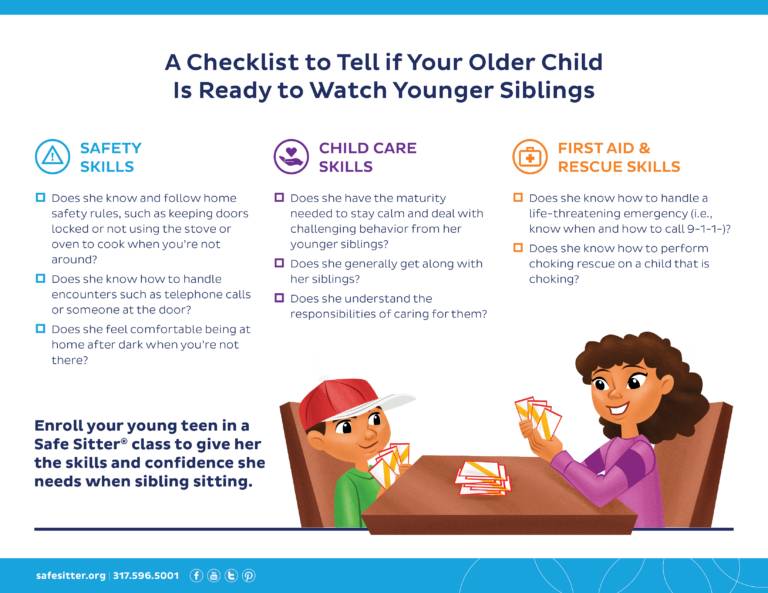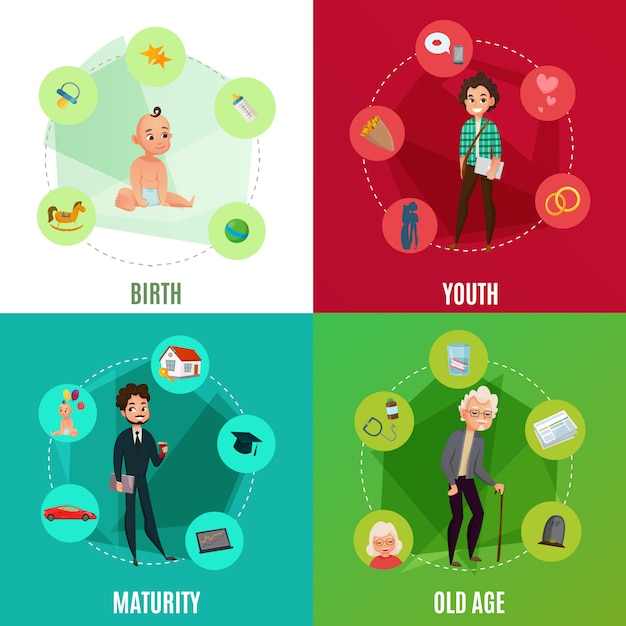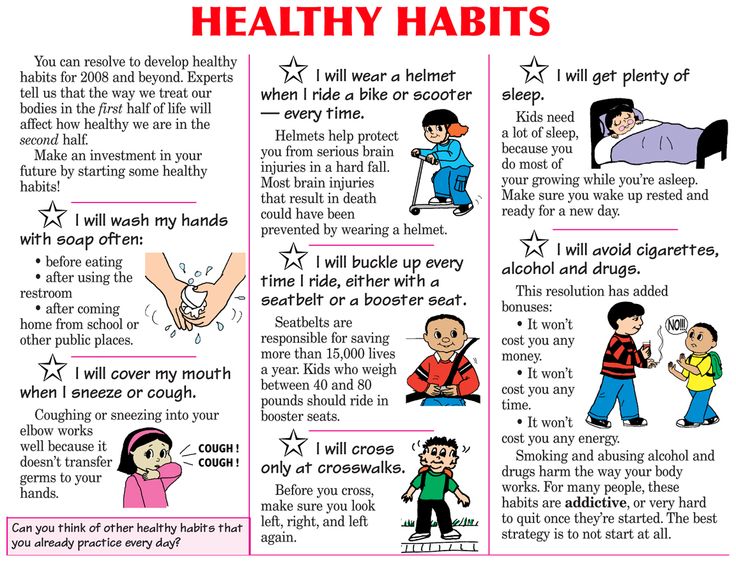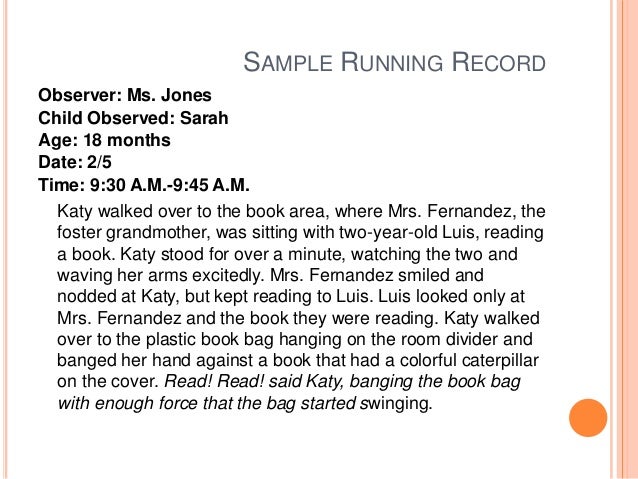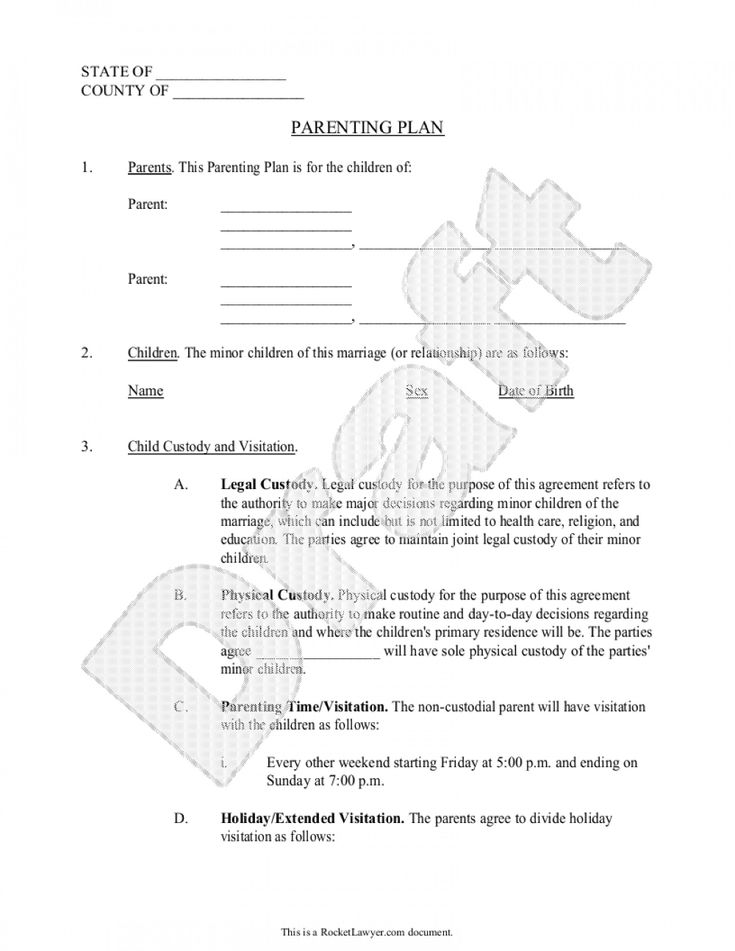How to help your child mature
Helping Kids Who Are Immature
As children grow up, the world’s expectations of them seem to change at the speed of light. Schoolwork is suddenly more challenging. Sports that were fun become more competitive and physically demanding. Activities, games, and TV shows your child and her friends loved one day are considered “babyish” the next.
All kids struggle to navigate shifting social norms and expectations of parents or teachers, but when a child matures more slowly than her peers, the changes can leave her feeling left out, embarrassed or bewildered by the things her friends are doing. Luckily, as every formerly awkward adult knows, immaturity is usually temporary, but that doesn’t mean it’s easy for kids who are in the thick of it.
“In most cases, as kids grow up, things even out,” says Rachel Busman, PsyD, a clinical psychologist. “They’re going to catch up. But the process can be hard.” Our role as parents, she explains, is to reassure kids and give them the support and scaffolding they need to make it through.
Children whose birthdays place them at the younger end of the class are more likely to be less mature than their classmates, but age isn’t the only factor, as kids mature at different paces.
In younger kids some signs of immaturity might be:
- Needing a little extra attention or help to do things her peers will do independently
- Being less physically coordinated than other children her age
- Becoming easily upset or overwhelmed or having trouble calming herself down when things don’t go her way
- Struggling to adapt to new concepts in school
- Being physically smaller or less developed than other kids her age
- Hanging back or avoiding activities that are new or challenging
As kids get older, immaturity might look like:
- Age-inappropriate interests, for example a preteen who’s still watching Paw Patrol
- Social awkwardness, discomfort with new social relationships like dating, or unsupervised group hang outs
- Rigidity or unwillingness to try new things
- Being “grossed out” by conversations about sex and sexuality
- Being less physically developed than his peers
- Difficulty adapting to new academic challenges
It’s also important to note that kids may be less mature in one area, and advanced in another.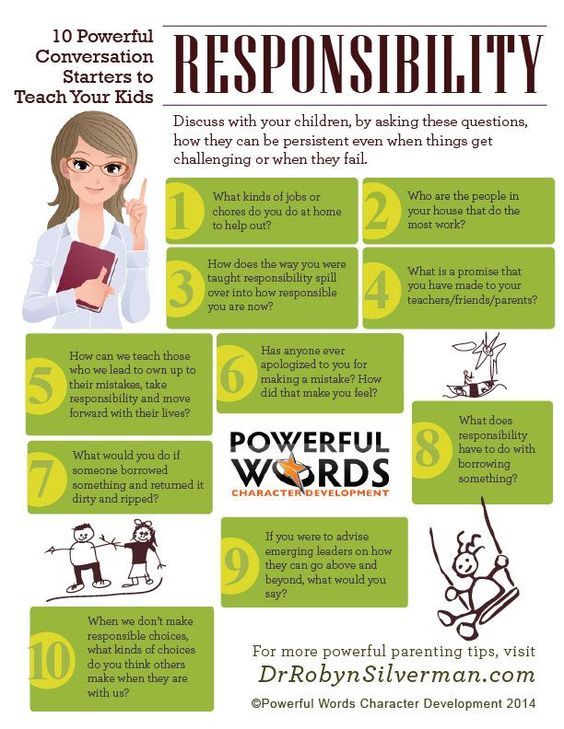 For example, a child might be at the top of her reading group but feel lost when it comes to the social complexity of middle school, even when it seems like all her friends have it figured out.
For example, a child might be at the top of her reading group but feel lost when it comes to the social complexity of middle school, even when it seems like all her friends have it figured out.
At its core, being mature isn’t about the toys kids are into, or whether they’re afraid of scary movies when their friends aren’t. The key work of growing up is acquiring a set of invisible skills called self-regulation — the ability to understand and manage emotions and impulses when they come up. Kids who struggle to self-regulate have a harder time dealing with even small setbacks and aren’t good at calming themselves down or controlling impulsive behaviors. For example:
- A child who stalks off in a huff if her friends won’t play the game she wants, bursts into tears if she doesn’t get the pink cupcake, or throws a tantrum when asked to clean her room or set the table.
- A pre-teen who smashes his video game controller when he loses, impulsively interrupts when friends or teachers are talking, or is late for everything.
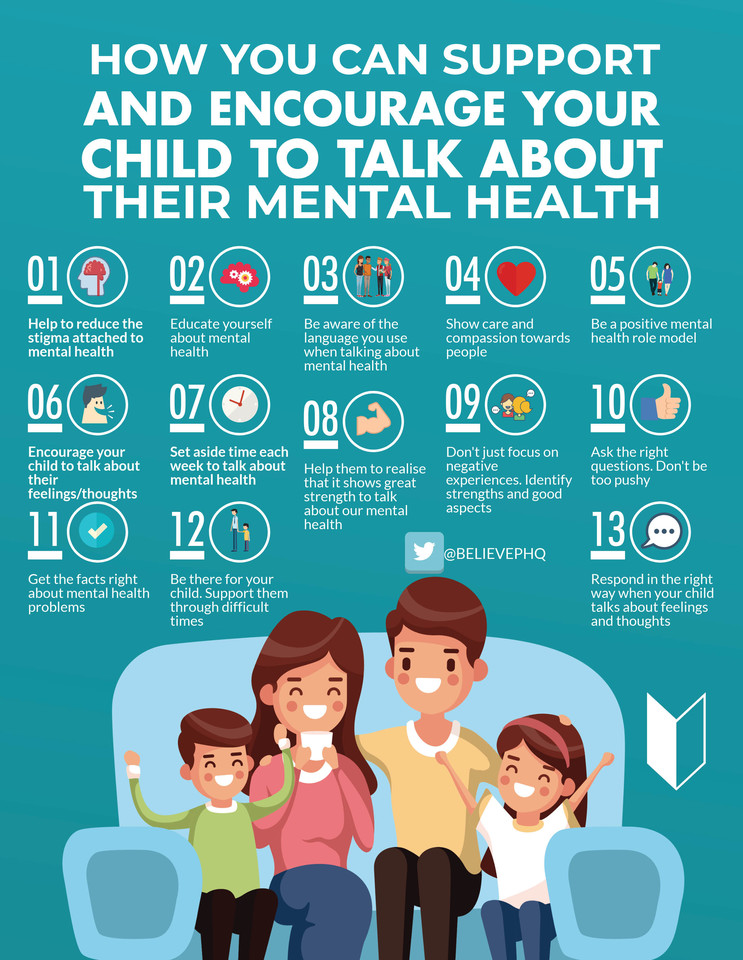
Parents can help by encouraging children to practice skills and behaviors that bolster and teach self-regulation skills.
- Talk about how he could advocate for himself if he’s in a difficult situation. For example: if a child is uncomfortable with an activity his friends are doing you could develop a script he can use to defuse the situation: “You know, that’s not my thing but you guys have fun, I’ll catch up with you afterwards.”
- Work on negotiating and being patient. For example, if a girl gets upset when her friends don’t want to play her favorite game, you might say: “I know it’s upsetting when you and Jen want to do different things. Next time, maybe you could try agreeing that you’ll play a game she chooses first, then play one you choose afterwards.”
- Practice mindfulness with your child, and model what good self-regulation looks like. For example, “I get upset sometimes, too, and it can be hard to calm down. What if we both agree to take ten deep breaths next time we start feeling angry or upset?”
As kids learn better self-regulation skills, they’ll feel more confident and capable when it comes to navigating new or difficult challenges, and be better able to make smarter (and more mature) choices for themselves.
We want our children to grow at their own speed and feel comfortable and happy and excited about the things they love. But pressure to conform to what other kids are doing can be intense. The most hazardous part of immaturity is the potential for kids to be embarrassed, teased or bullied.
So how can parents walk the line between supporting a child where she is and making sure she’s not at risk? Let your child know that liking or doing things that are different than their peers isn’t something to be ashamed of, but that they may have to be ready for other kids to not want to play. For example, if a child likes to play with dinosaurs but his friends have moved on to Fortnite, you could make a plan for how he’ll talk to them about it. For example, he could say, “I’m going to play dinosaurs now, but can we play tag together later?”
“If a child is still sucking her thumb or bringing a stuffed animal to school at an age where that’s not really appropriate anymore it isn’t the end of the world,” says Dr.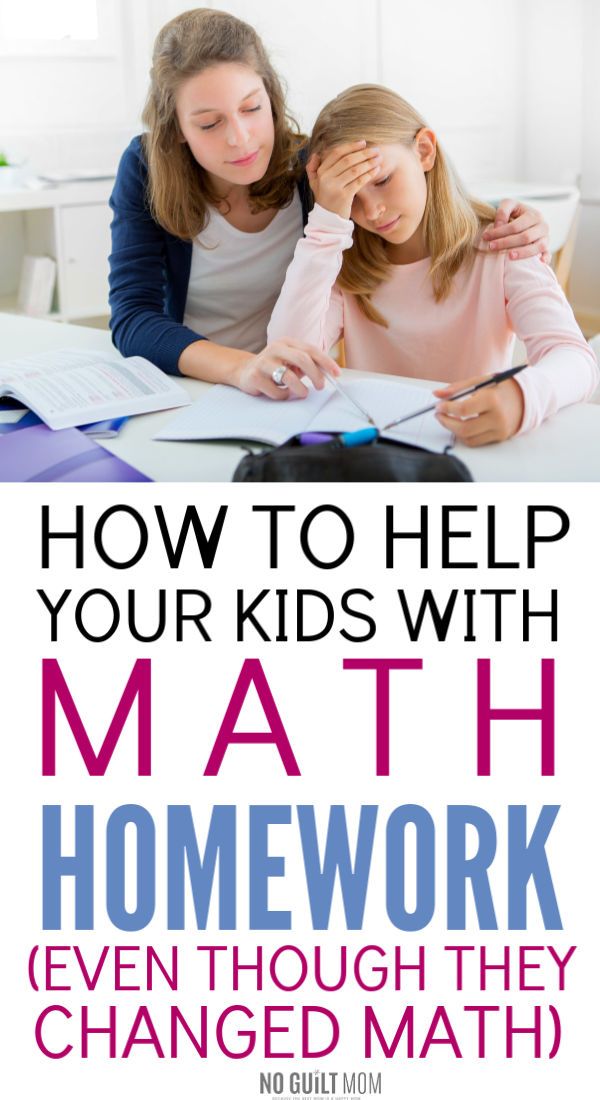 Busman. “We don’t want to shame kids or shut them down by saying, “Don’t be a baby. Get your thumb out of your mouth.”
Busman. “We don’t want to shame kids or shut them down by saying, “Don’t be a baby. Get your thumb out of your mouth.”
Still, it’s helpful to warn your child that her favorite activity may not be accepted by her peers. “It’s a chance to help kids understand that some activities are really only acceptable in certain places,” Dr. Busman explains. “You might say, I know that sucking your thumb is super relaxing, but you know I haven’t seen any of the other kids doing it at school. I wonder if that means that’s something that’s just better to do at home? What do you think?”
Keep communication open
Unfortunately, no amount of planning or practice can totally ward off the potential for bullying so parents should keep their antennae up.
The best way to know what your child is dealing with is to keep an open line of communication. That may require persistence. Ask open-ended questions and give kids as many opportunities as you can to tell you what’s going on in their lives.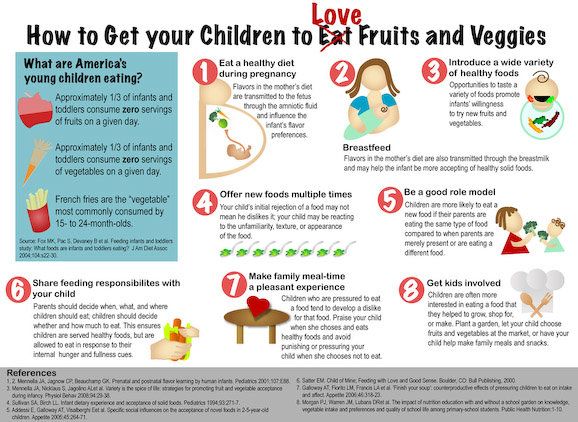 For example, if your child reports that a girl she was friends with no longer wants to play, take it as an opportunity to do some detective work. Instead of saying, “Oh, I’m sorry,” which kind of shuts the conversation down, try, “That sounds upsetting. Has anything happened or changed between you guys lately?” If she doesn’t want to answer, or simply says “I don’t know,” give her some space, but make a point of checking in again later.
For example, if your child reports that a girl she was friends with no longer wants to play, take it as an opportunity to do some detective work. Instead of saying, “Oh, I’m sorry,” which kind of shuts the conversation down, try, “That sounds upsetting. Has anything happened or changed between you guys lately?” If she doesn’t want to answer, or simply says “I don’t know,” give her some space, but make a point of checking in again later.
If you’re concerned your child’s immaturity might be causing problems for her, start by doing some research into what her universe looks like. What are other kids your child’s age listening to, reading, wearing, watching, etc.? How do they compare to your child’s interests? If you find something she might be interested in but hasn’t picked up, like a band or a tv show, try making a plan to check it out together.
And if your child has an interest her friends think is silly, find somewhere — a club or group or class — where she’s able to do it in an accepting, judgment-free space.
Finally, if you’re worried your child might be uncomfortable or being bullied at school, enlist her teachers or the school’s guidance counselor as an ally. “If you sense that your kid might benefit from a little extra scaffolding at school, you could ask them to keep an eye out for bullies, and to maybe help her along socially until she’s feeling more comfortable.” Even if you don’t suspect your child is being bullied it might be a good idea to schedule a check-in with your child’s teacher. He may be able to give you a better idea of the social and academic pressures she’s facing at school.
When to be concernedIn some cases, what looks like immaturity may have a different cause. Early signs of ADHD, some learning disabilities, anxiety and autism can all be mistaken for run-of-the-mill immaturity. Behaviors that seem extreme, or don’t fade as children grow, warrant a visit to your child’s pediatrician or a clinician.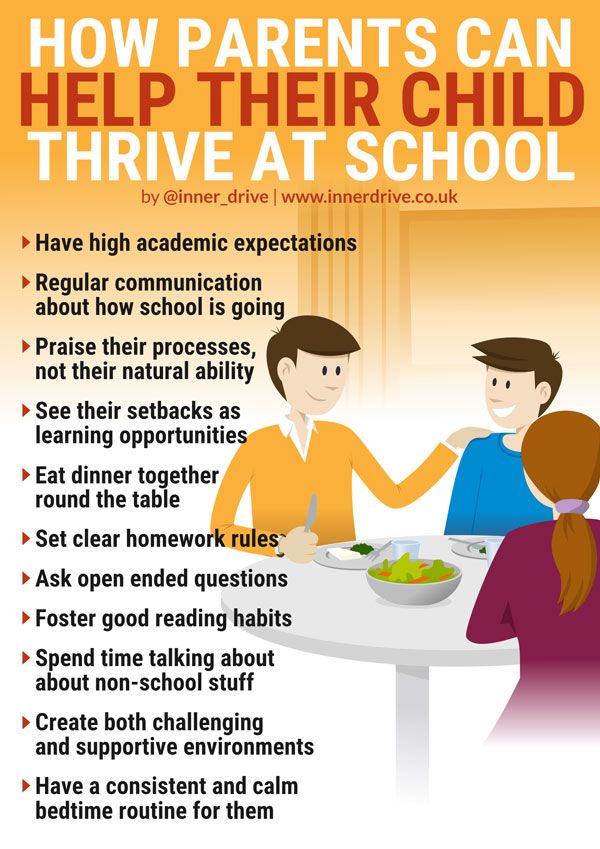
Some things to watch for include:
- Speech delays
- Significant lack of coordination that is age-inappropriate — for example, a child who has difficulty using a fork or trouble writing legibly long into grade school
- Total lack of interest in social activities
- Serious anxiety around social situations like sleepovers or parties, or trouble making or keeping friends
- Significant sleep issues that are age-inappropriate, for example a 9-year-old who struggles to sleep through the night without parental intervention
- Academic difficulties that have a significant impact on grades
- Problems with impulse control or concentration
- Tantrums or meltdowns in elementary or middle school
In most cases though, being immature is just a part of growing up, like having knobby knees or braces. Giving your child the help and support she needs to navigate it in a safe, less stressful way will help her land on her feet when she catches up and give her powerful tools to care for herself both now and when she’s “mature. ”
”
10 Things Parents Should Let Go of in Order to Raise a Mature Child / Bright Side
There are different areas of maturity: emotional, physical, moral, social, and intellectual. They are all really important in children’s lives in order for them to become independent and responsible people who have their own opinions and who are ready to help others. And you can help your child to develop all these qualities and prepare them for adulthood.
We at Bright Side are ready to tell you about some simple ways you can change your kid’s life for the better and make them feel more free.
1. You can help your child develop self-reliance.
It’s better not to do everything for your child. They must learn to dress themselves, tie their own shoelaces, and pack their backpack for school. Of course, you can do it faster and with more skill, but you should be patient and wait for your child to figure it out themselves. You may not always be there to help and they should know that they can rely on themselves.
You may not always be there to help and they should know that they can rely on themselves.
2. You can give your child an opportunity to choose for themselves.
Let your child make the choice. You should not be choosing clothes, toys, and hobbies for them, or deciding what they like and what they don’t. You can help with advice and discuss their choice with them. But you can’t think that you know better than them when it comes to what they want. They know this themselves, you just need to give them the opportunity to get what they want.
3. You can let your child go alone.
There is no need to follow your kid everywhere. As they get older, they can go to school alone or take the school bus. Of course, if you take them yourself, you will feel calmer and you can be sure that the child has definitely reached their destination. But at a more conscious age, children already know safety rules and understand how to behave on the street. In addition, if they are in the company of friends, let the kids go together and discuss their homework and new toys along the way.
In addition, if they are in the company of friends, let the kids go together and discuss their homework and new toys along the way.
4. You can teach your child self-control.
Of course, children are very emotional. They can be madly happy or cry so loud that it will be heard down the street. The joy is wonderful, but if, at the slightest disagreement, the child begins to shout furiously and throw a tantrum, they should be shown how to control their emotions. The child needs to be sensible to what is happening. And if you indulge every scream, then they can get used to getting everything this way.
5. You can teach your child self-discipline.
The child should learn to discipline themselves and do the necessary things, even if they aren’t related to playing and fun. Brushing their teeth before bedtime, putting toys away, and doing their homework are all an integral part of a daily routine. And without controlling what they do, let them do the homework themselves and just remind about cleaning their teeth.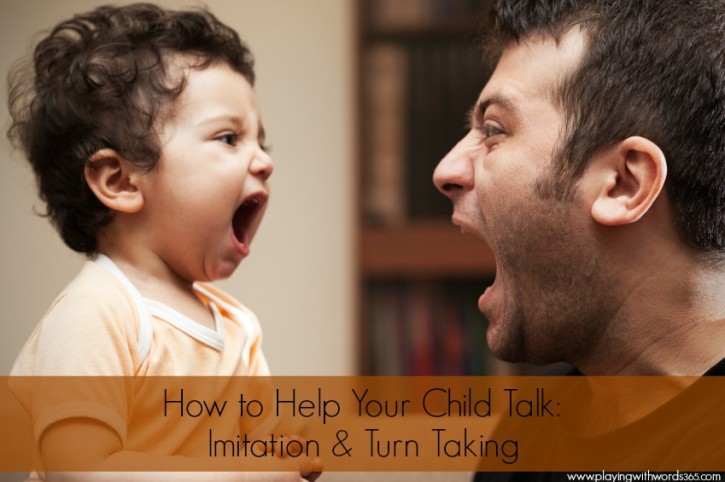
6. Let your child answer.
It’s necessary to give your child an opportunity to speak for themselves. This is important for both their intellectual and communication skills. The child shouldn’t be afraid that someone might ask them something. They should learn how to answer questions and develop a response to spontaneity. Otherwise, they can become shy and closed off from others.
7. You can explain cause and effect to your child.
Explain your actions to your child. If you scold them, be sure to say for what and tell them what they are guilty of. It is important that the child realizes their mistakes and draws their own conclusions. They should understand that their actions can lead to certain results. And try to stay calm when explaining to them why it’s better to behave and the reasons for it.
8. You can let your kid make mistakes.
Try not to patronize your child excessively. Of course, it’s worth explaining things that can be dangerous to their life.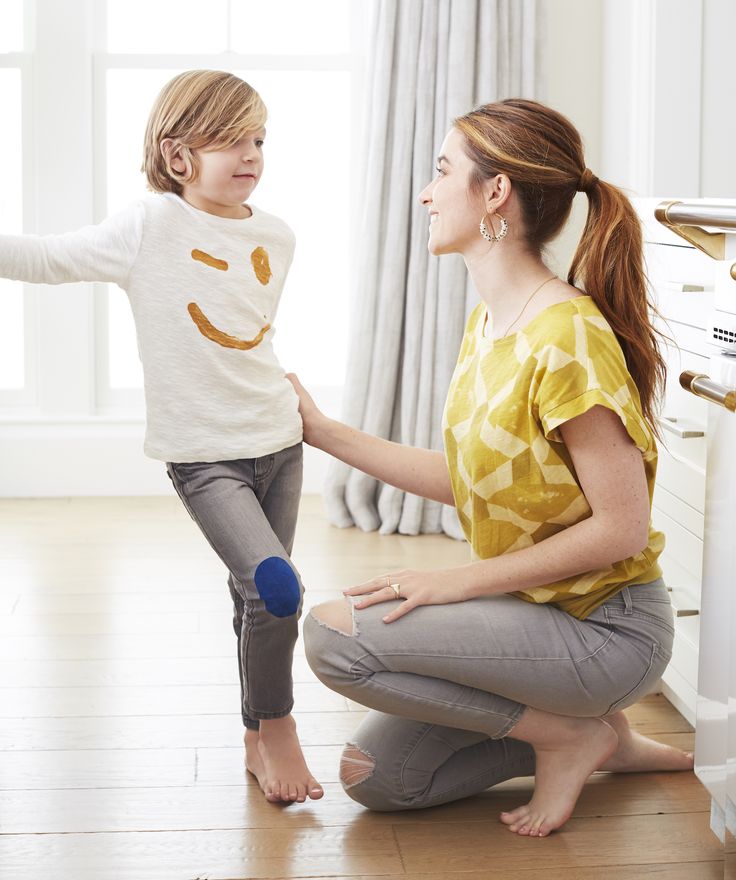 But you can give the child their freedom when it comes to other things. This will allow them to learn from their mistakes and to gain their own personal experience, which will then be useful in the future. Remember that mistakes, falls, and disappointments are all a part of life.
But you can give the child their freedom when it comes to other things. This will allow them to learn from their mistakes and to gain their own personal experience, which will then be useful in the future. Remember that mistakes, falls, and disappointments are all a part of life.
9. You can help your child form their own opinion.
It’s useful to develop the child’s ability to reflect and critically look at a situation, and to formulate their beliefs based on their understanding and feelings. It’s also important to let them express their opinion. This will help them to not succumb to jokes from their peers or act in strange and bad way just to prove something to others. And in the future, this person will be able to maintain their position and won’t fall under someone else’s influence.
10. You can try not treat your kid like they’re little all the time.
When your child turns 3 years old, you can slowly get them used to performing some duties. They can arrange their toys in place, for example. And as they grow, expand the list of their household chores. This contributes to their development and instilling diligence and discipline. This also can teach them to help others and to respect other people’s work.
They can arrange their toys in place, for example. And as they grow, expand the list of their household chores. This contributes to their development and instilling diligence and discipline. This also can teach them to help others and to respect other people’s work.
Which methods do you use when raising you children? Do you try to make your child more mature? We would like to hear from you in the comments.
Illustrated by Alena Sofronova for Bright Side
Bright Side/Family & kids/10 Things Parents Should Let Go of in Order to Raise a Mature Child
The book "How to help a child grow up"
Title: How to help a child grow up. The Illustrated Parent's Guide to Adolescence
Author: Robert Winston, Laverne Antrobus, Teresa Day, Sonya Livingston, Radha Modgil, Sara Pavlevskaya and Karen Rein
Psychology and physiology of adolescence. Helps build relationships with teenagers. The book will help parents understand the physical and psychological changes that occur with children in puberty. It contains recommendations from leading experts in the field of developmental psychology and pedagogy, medicine, sociology, sex education, career guidance. Thanks to the clearly presented facts and practical advice, parents will be able to find the right approach to interacting with their child, convey to him useful information that will make the process of growing up pleasant and safe. nine0008
It contains recommendations from leading experts in the field of developmental psychology and pedagogy, medicine, sociology, sex education, career guidance. Thanks to the clearly presented facts and practical advice, parents will be able to find the right approach to interacting with their child, convey to him useful information that will make the process of growing up pleasant and safe. nine0008
Spreads and pages of the book, see the website MIF: mann-ivanov-ferber.ru/books/kak-pomoch-rebenku-povzroslet
The book is intended for parents, content 18+. Parents can study the book on their own, and then decide how to talk about the topics they read with their child. Only you can understand if your child is ready to receive information. Use this book as a tool for discussing sensitive issues, as a guide to understanding your child and today's teenagers, or simply as an information resource. nine0008
The book is divided into chapters covering all the physical, emotional and social changes associated with adolescence: the authors write about the health of the mind and body, puberty, adolescent relationships with others and school, social networks and Internet safety, about sexuality.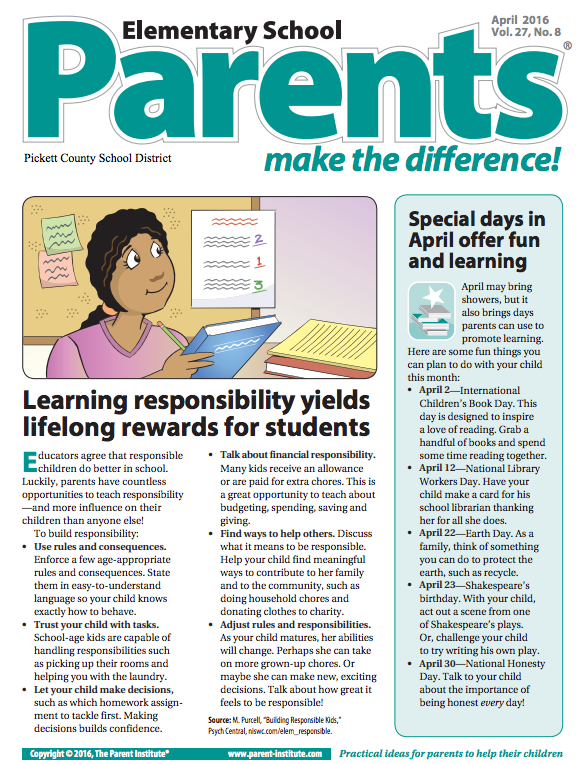
Diagrams, footnotes and scientific facts are provided to illustrate biological changes. The drawings illustrate teenagers and their families, as well as various situations that can happen in life. nine0008
In the book you will find colored sidebars with additional information and useful practical tips. Thus, the boxes “Advice for parents” and “What to advise a teenager” give recommendations on how not to get confused and support the child in specific situations. In the "Caution!" facts are given that relate to issues of legality and security. The Good to Know and MythBusters sidebars provide interesting background and application information.
This book is a starting point, but it cannot provide all the answers. Cross-references are offered within each topic, as many aspects are closely related. At the end of the book, you'll find a Learn More section that lists sources of additional information and support. nine0008
Who is this book for?
For parents of teenagers who want to build a trusting and respectful relationship with their teenager, help them get through all the difficulties of adolescence.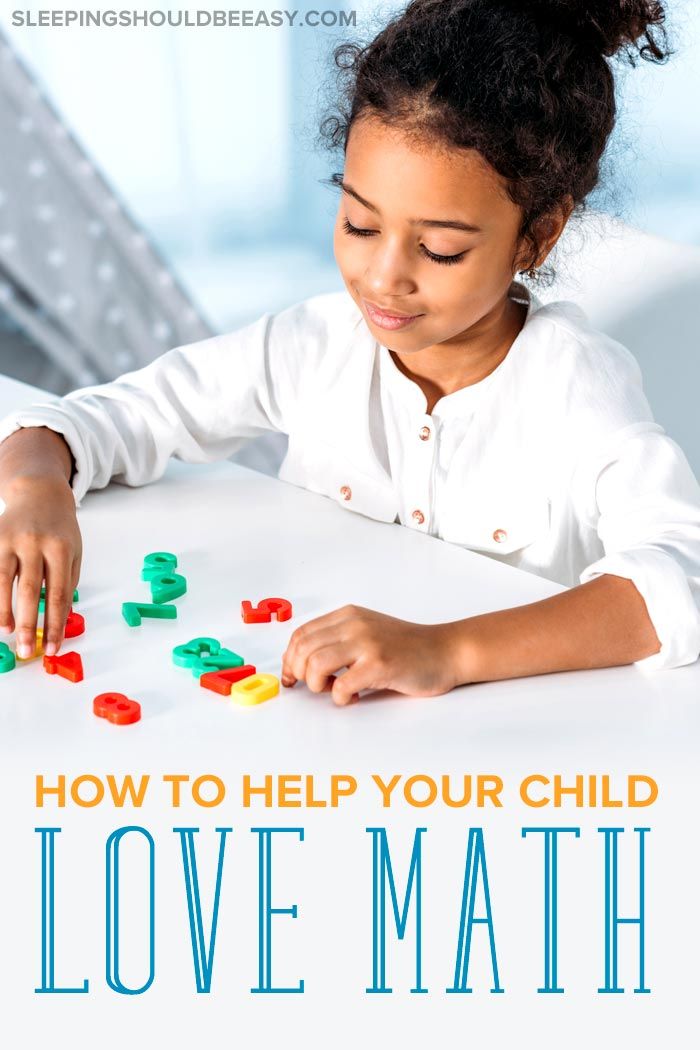
Children's books, Books
Under mother's wing: how to help a teenager grow up. Advice from a family center psychologist
“My child has become somehow aggressive, distant, as if a stranger” — parents complain, missing the time when their child was sweet, pleasant and understandable. This suggests that the time has come when the teenager began to strive for independence. In psychology, this process of separating a child from its parents is called separation. Natalya Balayan, a psychologist at the Rodnik family center, tells how parents should behave during this period.
Give a chance for independence
The mother of fourteen-year-old Maxim turned to the Rodnik family center. She could not understand why her son was afraid to make decisions on his own, unable to be responsible for his actions, behaving like a small capricious child. nine0008
nine0008
After several consultations, the woman realized that the problem was not with her son at all, but with herself. "It's a pity that I didn't understand this before!" - says Veronica. Meetings with a psychologist brought the woman freedom from anxiety and worries, helped her look at herself and the problem from the outside.
During the consultations, the main task of the specialist was to help the parent realize that the lack of independent behavior in the son is associated with the unwillingness of the mother to give him such an opportunity, namely, with her manifestations of pity towards the child. Mom lived with the illusion that he could not cope with the problems of adult life, and the teenager felt such an attitude and got used to the fact that he was small and not adapted to anything. nine0008
Parents of a teenager should understand that until they change their attitude, the child will not be able to independently explore life, will not risk trusting himself and his desires.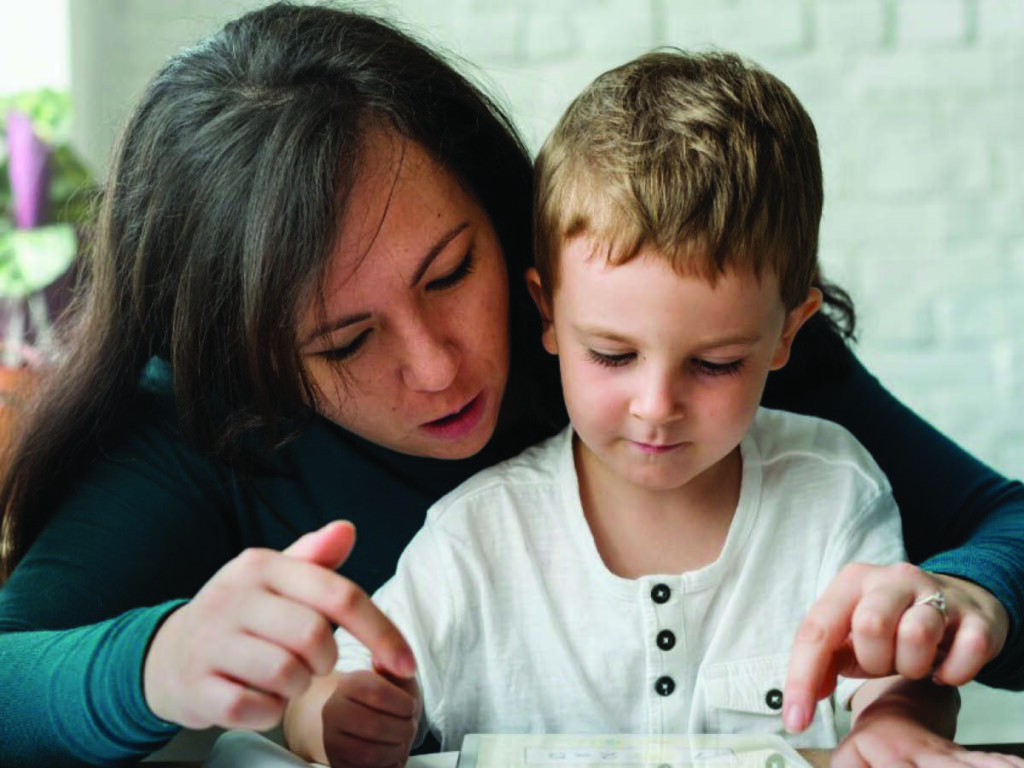 Often, the behavior of adults in relation to adolescent children is associated with their own fears: a sense of their own uselessness and fear of losing control over the child.
Often, the behavior of adults in relation to adolescent children is associated with their own fears: a sense of their own uselessness and fear of losing control over the child.
How to behave as parents
“Growing up is a difficult period for teenagers . It is difficult not only for the child, but also for the parent. Mom and dad, in their desire to direct their child on the true path, often run into a blank wall of misunderstanding with aggressive rejection. After all, we strive to supply, stuff the teenager with the knowledge and skills necessary in life, from our point of view; and they already have their own point of view ,” says the psychologist.
- In order to have fewer conflicts and build a strong bridge between you, try not only to listen to your own ambitions, but also to act wisely, guided by life experience.
- The main thing is to be open! Now your child will recognize only real examples that will help him cope with the difficulties in his life and get his own life experience.
 Remember: only dialogue by mutual agreement, no lectures or lectures! Before you tell something, you must first listen to your child! Absolutely all people feel falseness and insincerity, and your teenager is especially sensitively aware of his "uninterest" for the interlocutor. nine0081
Remember: only dialogue by mutual agreement, no lectures or lectures! Before you tell something, you must first listen to your child! Absolutely all people feel falseness and insincerity, and your teenager is especially sensitively aware of his "uninterest" for the interlocutor. nine0081 - Advice from parents can be very valuable for a teenager. But remember that you must first find out if the child wants your advice. Talk only about yourself. For example, about the difficulties that life presented you, how you successfully overcame them. Such a conversation will help mom or dad become an authority for the child or get closer to him.
- Do not confuse authority with love. Of course, a teenager now loves his parents in his own way, but when it becomes necessary to overcome a new stage, he needs a significant person to look up to. nine0081
- The parent does not have to be the authority figure, the teenager can choose another person. At the same time, the choice should take place under inconspicuous parental control, because he can find a significant person in an unfavorable environment .
 Control is the attention, conversations and confidence of the child in your interest in what bothers him.
Control is the attention, conversations and confidence of the child in your interest in what bothers him. - Examples of parents who treat the ups and downs of life calmly and with humor are the best way to teach a teenager not to attach great importance to momentary problems over time. Teach your child to tune in to the positive and together look for positive moments in situations that the child finds difficult. nine0003
How to help your teenager develop independence
- Don't stop your teenager from making mistakes. If you want to submit a forgotten diary, reports, physical education form, please. But keep in mind: at some important moment in the life of a child, the mother will not always be there. How will he get out of the situation? Of course, this does not mean that an adult child does not need helpers - he needs his mother as a reliable, caring friend.
 nine0081
nine0081 - Trust a teenager with small serious matters (go to the bank for documents, take a picture for a passport). A person matures only when he does something without your help.
- Let the teenager experience the consequences of his actions . For example, in order for him to prepare for a report, do not follow him with lectures. No matter how difficult it may be for you, give him the “opportunity” to spend a sleepless night on him or get a deuce: he immediately realizes everything himself! nine0081
- Find something interesting for both of you , share experiences. Any joint activities will bring both you and the teenager new experiences. This will definitely bring the parent and the almost adult child closer together.
Children must be sure that they are loved not only for obedience and diligence, but in spite of everything.